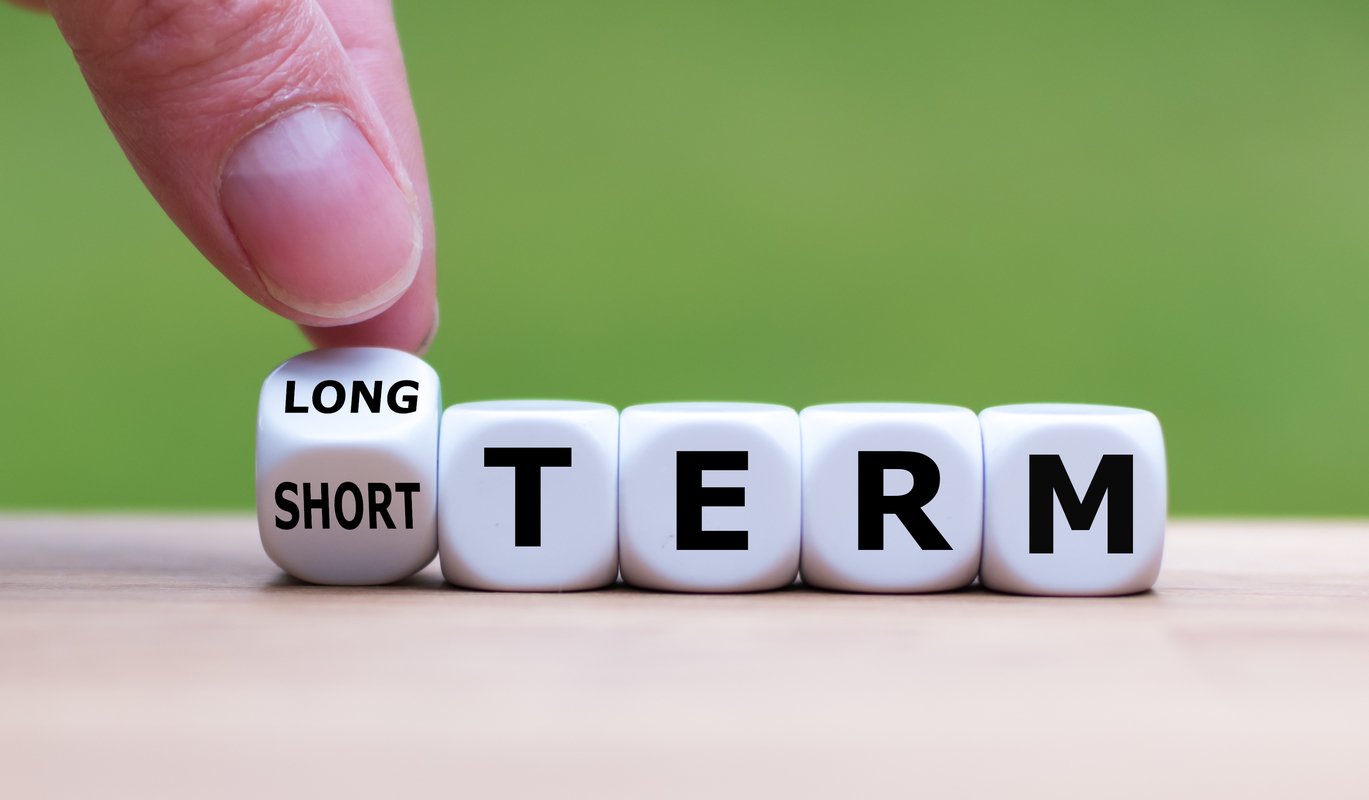It appears February is going to end with a bang for the Food and Drug Administration, which, barring another major winter snowstorm, will rule on two drugs next week. Let's have a closer look at the two experimental therapies currently up for approval and decipher how a thumbs-up, or down, might affect these companies.
Bristol & AstraZeneca cross their fingers
First up, on Monday, are drug development partners Bristol-Myers Squibb (BMY 1.95%) and AstraZeneca (AZN 4.18%) with metreleptin, a treatment of metabolic disorders associated with inherited or acquired lipodystrophy (LD), which is a condition that causes fat loss under the skin and a reduction in the hormone leptin, which has a number of negative side effects. Metreleptin was acquired when Bristol-Myers and AstraZeneca purchased Amylin in 2012.
Hopes aren't exactly high for the two powerhouses heading into this FDA decision given that the FDA's Endocrinologic and Metabolic Drugs Advisory Committee voted 10-2 in December that metreleptin's benefits didn't outweigh its risks regarding treating partial LD, and other metabolic ailments caused by partial LD. It did, however, vote in favor (11-1) of recommending metreleptin's approval to treat a smaller subset of patients with generalized LD, a complete loss of the hormone leptin.
Ultimately, metreleptin was only anticipated to bring in $300 million in peak sales prior to its FDA meeting, so a partial approval or a complete CRL wouldn't be too damaging to either company. Still investors will want to take note of the FDA's ruling as we're beginning to witness a discernable shift from big pharma companies that are moving into rare disease arenas, which is an area that has been largely dominated by small- and mid-cap biotech for years.
Four-leaf clover time
Grab your rabbits foot, a four-leaf clover, and throw salt over your shoulder, because Endo Health Solutions (ENDP +0.00%) is back for a fourth go at it with once-every-10-week injectable treatment Aveed for hypogonadism (i.e., low testosterone). You read that right -- Aveed has received three complete response letters over a nearly seven-year period since it first submitted its new drug application with the main basis for the rejection being concerns from the FDA regarding severe adverse events such as anaphylaxis and pulmonary oil microembolism. By this coming Friday, we'll know if four times is the charm!
The good news is that Endo wasn't required to run any additional clinical studies for Aveed, but merely to adjust its dosing and medication guide to ensure safe usage of the injectable drug. Given that the previous FDA panel vote from its third attempt at approval ended in a 9-9 stalemate, there are no assurances that the FDA is going to grant approval to Endo's Aveed here.
The other concerning factor is that while Endo has been trying for approval time and again with Aveed, its peers have been introducing new products and growing their sales in the hypogonadism market. AbbVie (ABBV 0.65%), for instance, reformulated its testosterone gel AndroGel to a concentration of 1.62% from 1% and received approval for its new formulation in 2011. AndroGel sales totaled more than $1 billion for AbbVie last year, making it a difficult competitor to unseat. Aveed's ease-of-use is definitely a notable factor that may help its cause being a once-every-10-week injection, but it's possible safety concerns also may hold it back.
Despite losing out on its bid to purchase NuPathe, which decided that Teva Pharmaceutical's (TEVA 0.83%) offer was superior, Endo is still in pretty good shape. Endo managed to purchase Paladin Labs late last year for $1.6 billion to gain access to Canada's fast-growing drug market. Given Paladin's average sales growth of 28% over the preceding five years, I'd suggest shareholders not be too concerned with the FDA's final take on Aveed. If anything, investors have completely written it off, presenting a better chance of upside than downside with its coming announcement, in my opinion.









